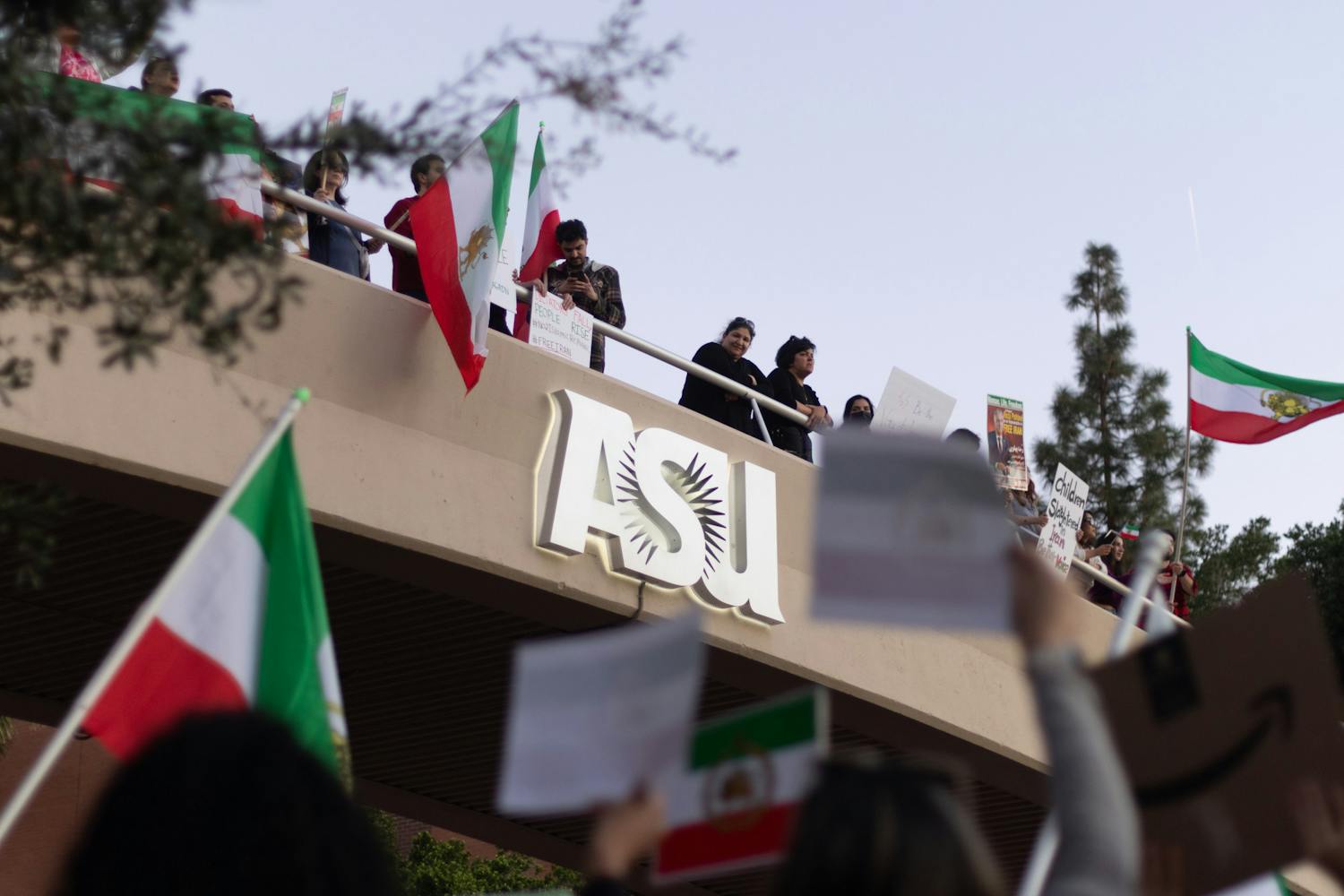Last week, U.S. Embassies in Libya and Egypt were attacked in response to the film “Innocence of Muslims.” The film demonizes Islam’s prophet, depicting him as a pedophilic, sex-crazed, violent fanatic.
The intention of the film is clear: vilify Islam and its followers. What the film producer did not consider was by slandering Islam, the film producer intensified claims of anti-American extremists for Muslim extremists.
The film has been useful for militant Islamic groups seeking to sway moderate Muslims into believing that America has an anti-Islamic agenda.
According to the Quilliam Foundation, a think tank from the U.K., the attack in Libya was planned.
The U.S. Embassy was bombarded the day after al-Qaeida leader Ayman al-Zawahiri confirmed the death of a praised al-Qaeida member and called for Libyans to exact revenge.
Days earlier, the film was translated into Arabic, which al-Qaeida used as a guise for avenging the death of the al-Qaeida member. By incensing the Islamic world, they could give their planned attack the look of spontaneity.
Four Americans were killed, including U.S. Ambassador Christopher Stevens. Protests against the film have spread across the globe.
Husain Haqqani, Pakistan’s ex-ambassador to the U.S., says that the use of minor American offences to enflame anti-American sentiments has been a ploy used by extremists for decades. Ayatollah Khomeini built the Iranian Revolution on anti-American ideology.
Khomeini was able to transform a progressively westernized Iran into a theocratic Islamic Republic. Haqqani notes the case of Salman Rushdie, whose novel “The Satanic Verses,” led to a fatwa demanding Rushdie’s death. As well as the violence provoked by the 2005 cartoon depicting Prophet Muhammad.
Extremists were able to use these offenses to strengthen their argument that Islam is being attacked by Western forces. Extremists, according to Haqqani, even falsely accused the U.S. of occupying the Grand Mosque in Mecca, Islam’s holiest site, during the Iranian Revolution. This spurred outrage across the country, solidifying the anti-American movement which led to the Shah’s overthrow.
As Haqqani states, for the 800 years of Muslim rule, there is no history of violence or hostility toward those who blasphemed or attacked Islam. This shows that Islamic violence is a recent development. Extremists who cannot garner support through the promise of prosperity scare their compatriots into believing that democracy is the enemy of Islam. They teach that secular governments destroy religion, instead of protecting it. Anti-Islamic propaganda only furthers that argument.
It seems logical that Muslims would defend Islam against a violent reputation through peaceful means. This logic has been lost on many. Full of frustration, Western extremists respond with similar violence, perpetuating the false image of Islam as violent and rash.
In order to change the face of Islam, Muslims must defend their prophet civilly. Muslims must not allow themselves to be manipulated to inspire fear and beget Islamophobia.
We have seen hope in Libya, where 10 Libyans died attempting to protect the U.S. Embassy. Others gathered to protest the violence. We saw citizens tell extremists they will not be threatened into silence.
Hate cannot conquer hate. Muslims around the world must choose to protect Islam from militants who use Islam as a vehicle for power. Otherwise, they will continue to be pawns in a movement that has vilified Prophet Muhammad in a way no propaganda film possibly could.
Reach the columnist at cmjacks7@asu.edu or follow her at @JacksonCrista.
Correction: An earlier version of this column incorrectly stated that Ayman al-Zawahiri had died. The column has since been corrected.



